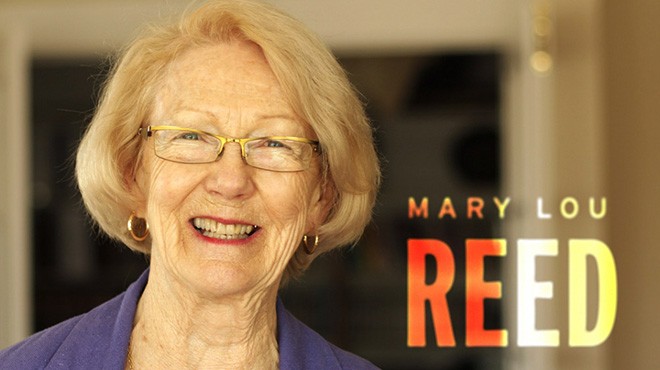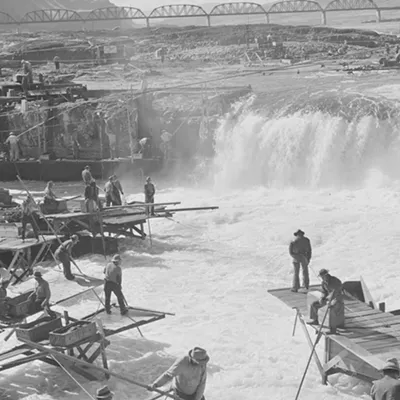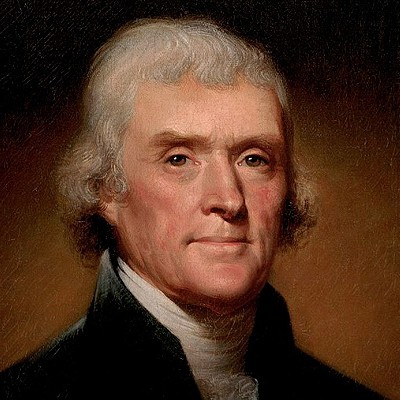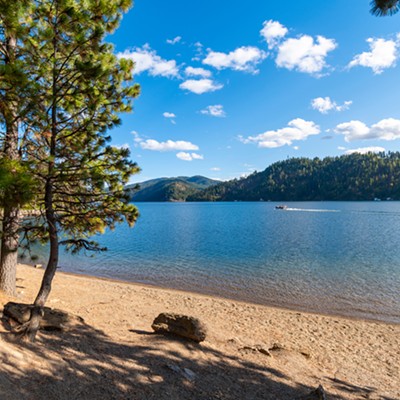First the butterfly, then the bee, now large portions of flying bugs in the whole wide world are going missing. The New York Times reports the insect apocalypse is upon us.
So here we are, facing a brand new year, 2019, and recognizing that bugs — those flying and flitting things that bite us and make us scratch, but also pollinate our world's plants — are disappearing in our neighborhood and around the world at an alarming rate.
Most of the scientific data to back this up comes to us from Europe. There, Germany, Denmark and Great Britain can boast a cadre of entomologists, the elusive name for folks who specialize in studying insects, and an army of amateur naturalists who have pursued bugs out of their own curiosity. These record keepers tell us there has been a drop in the abundance of flying insects, the kind that hit your windshield, by as much as 75 percent in the last 27 years.
I think we can ask ourselves: Were we annoyed by mosquitoes on our skin in our walks through the woods last summer or the summer before? Or as we remember from our childhood? I personally remember walking through what seemed like walls of mosquitoes at Diamond Lake in Southern Oregon in the 1940s.
The reality is, bugs are essential to our universe as we humans know it. The great naturalist and Harvard professor E.O. Wilson, who was fascinated by ants as a child, called insects "the little things that run the natural world." Wilson is also quoted as saying, "Without insects and other land-based anthropoids, estimates are that humanity would last all of a few months."
Flying insects carry pollen from plant to plant, and, at the same time, serve as a food supply for many birds. We learned recently that the populations of swallows have drastically dropped in numbers, dependent as they are on flying insects for food. Insects do double duties as pollinators and recyclers and serve as the base of the food chain. "By eating and being eaten, insects turn plants into protein."
Beetles are a perfect example of essential insects that work hard out of our sight. We need to especially appreciate the dung beetle, which happily ignores our human skin and instead lives on cow and other animal dung.
The balance of nature on this Earth has evolved into millions of species of plants, animals and all forms of life on land, air and water. We humans have taken over the planet with such force that the world's valuable diversity is seriously threatened. What would take on the task of the beetle if the entire world of beetles were to be eliminated?
My daughter, who has a degree in entomology, cautions that insects that bother people are doing fine because they're able to use humans or human impacted space as a resource. So mosquitoes and bedbugs and weevils are thriving. In some way you could think of them as domesticated. So just as mammal species extinction doesn't threaten dogs, cats, cows or pigs, so insect species extinction doesn't threaten human-dependent species or those dependent on our pets, like fleas.
We don't know what creatures will take the place of beetles, or any other species that is eliminated as a result of human activity. Maybe the prolific cockroach would fill the gap. Right now, hired human workers are trying to replace the missing bees and other pollinators at a cost to some apple, cherry and cashew nut farmers of millions of dollars. In Japan, cockroaches are being used to devour garbage.
What can we humans, who now rule the planet, do to prevent further elimination of insect species? We could quit calling all insects pests and drastically reduce the use of pesticides. Another obvious alternative is to encourage organic farming on a grand scale. That might help save friendly insects, but could also raise the cost of food in a world already loaded with hungry people.
We as a country, along with the largely neglected United Nations, should take action to protect insects helpful to humans. The reality is that most pesticides aren't good for humans either. Sometimes common sense really does prevail. Remember DDT was virtually eliminated in our country after Rachel Carson's book, Silent Spring, caught the conscience of the country and, to a degree, the rest of the world.
If our country, led by President Trump, were to accept the reality that the human race is degrading the natural world of planet Earth, we could, in this new 2019, take all steps possible to correct the ongoing damages we humans inflict.
We should address the insect apocalypse, and at the same time work to save the oceans from acidification and overfishing, and eliminate plastic ending up in whales' bellies, and even save the beetles, bees and butterflies.
With these words of hope, and after 105 columns spanning nearly nine years, I end my final column here in the Inlander. It's been a distinct pleasure to write each month from my North Idaho perspective for this forward-looking publication. Happy New Year! ♦



















